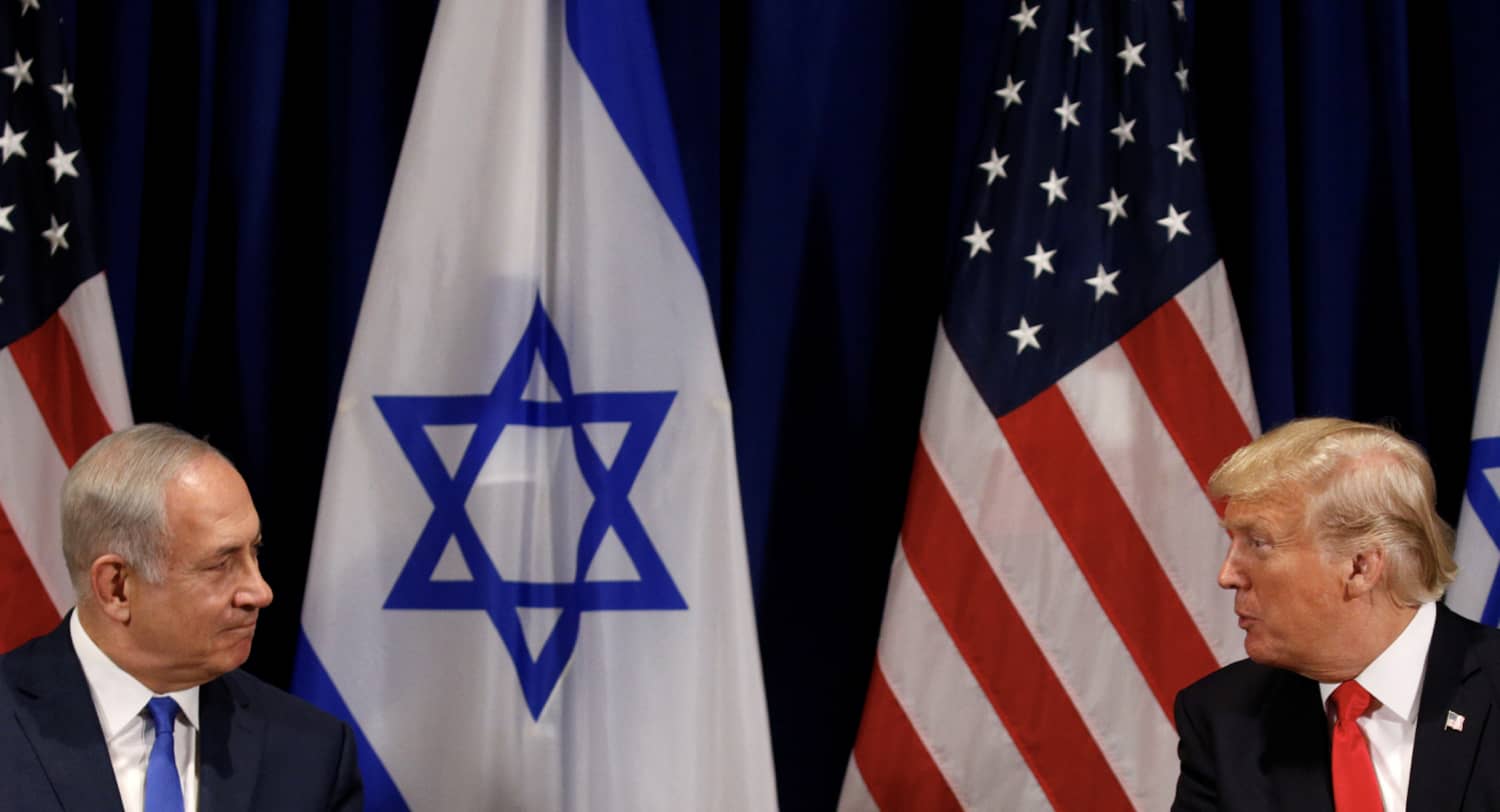Most Israelis supported President Trump in this election, believing he would fully support Israel in its ongoing war against Iranian proxies. Prime Minister Netanyahu was among the first world leaders to congratulate him But the future Trump administration’s specific policies towards the Middle East remain unclear. During his campaign, Trump expressed interest in promoting peace and ending conflicts, even signaling to Netanyahu that the Gaza war should conclude before January 2025. Trump may also inherit renewed domestic instability in the region’s only liberal democracy, Israel.
One thing is certain: Trump will encounter a Middle East transformed by Iran over the past four years. While the ongoing wars launched by Iranian proxies have ended up weakening Iran’s terrorist network, several pro-Western Arab states have chosen rapprochement with Iran, largely due to escalation fears and disappointment with the Biden administration’s lack of a comprehensive Iran strategy. Isolating Iran now will require unprecedented security guarantees to US Arab partners and significant pressure on China.
Trump’s 2020 Peace Plan explicitly provided for a two-state solution if both Israelis and Palestinians met certain conditions. The Netanyahu-led government of 2020 accepted the plan while the Palestinian Authority rejected it. But Trump may discover that the current Netanyahu government is no longer eager to reinstate it. On the Palestinian side, he’ll encounter a declining Palestinian Authority, deteriorating security conditions in the West Bank, and a devastated Gaza. Both sides harbor traumatized societies, unwilling and likely unable to trust each other or engage in any “deal” at present.
Inside Israel, politics are heating up. One key issue is the ultra-Orthodox political parties’ desire to renew their community’s exemption from the military draft. Prime Minister Netanyahu’s attempt to keep his governing coalition together by acceding to this demand is raising serious outrage, given that Israeli families are burying dead sons daily and the military says it needs thousands more soldiers. Defense Minister Galant was dismissed mid-war because of his refusal to approve the draft exemption bill.
Let’s recall Israel’s internal political situation prior to the Hamas invasion of October 2023. In the four preceding years, Israel held five parliamentary elections and weathered controversial judicial reform plans proposed by the latest Netanyahu government, which sparked 10 months of country-wide demonstrations against the plan.
Israel remains divided on core governance issues like the role of judiciary in its parliamentary system of checks and balances. The concern on the left and center-left (which also pulls in elements of the secular center-right) is that a Trump administration will embolden the rightwing Netanyahu government to ignore its domestic critics and push forward controversial new legislation.
In September, President Isaac Herzog spoke to these concerns, specifically addressing the intention to revive the judicial reform plan. In a speech to the Bar Association’s Law Committee, Herzog said: “I hear the voices of those who want to take us back [to the judicial reform proposal of the government], and I sincerely ask: Is this what Israeli society needs? Is this what bereaved families need? The families of hostages, soldiers? Is this what the wounded need?…I warn anyone considering promoting such moves to cease, let us recover from the terrible rupture.”
Herzog also called on the members of the Judicial Selection Committee (composed mainly of judges and lawyers with members of the government in the minority) to meet the government. “Sit down, talk until white smoke emerges. Not every compromise is catastrophic.”
There are other signs that worry Israel’s opposition parties. The Knesset recently passed a law for deporting terrorists’ families that expands the definition of support of terrorism and knowledge of terrorist acts; the law was passed despite some concerns of Israel’s internal security service (Shin Bet). A pending bill would allow the police to open investigations into incitement to terrorism offenses without requiring approval from the State Attorney or other authority as currently required. The bill raises freedom of expression concerns. Another bill would allow the Public Complaints Commissioner position, currently appointed independent of the Knesset, to be selected by the Knesset, eroding a check on executive power in the eyes of some.
Meanwhile, the Supreme Court has been without a chief justice for a year (the elections were finally set for November 28). Knesset members within the governing coalition demand the dismissal of the government’s Legal Advisor, a position appointed independently and considered another check (like the independent judiciary) on executive power.
It’s an open question whether or not passage of legislative initiatives in the Knesset is influenced by the US elections. What seems clear is that as Israel’s wars wind down, the country’s internal debates are scaling back up, presenting another issue in the always volatile Middle East for the incoming Trump administration national security team

